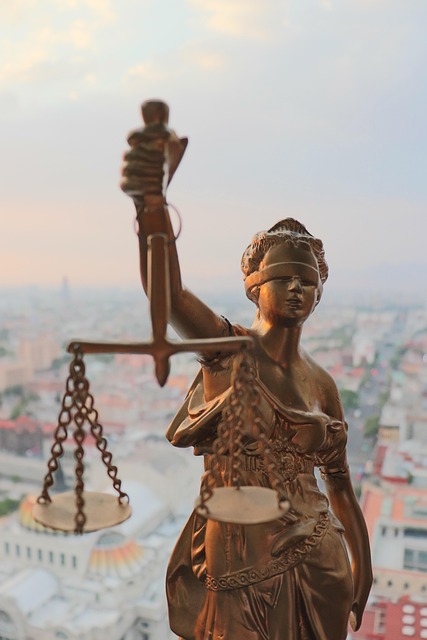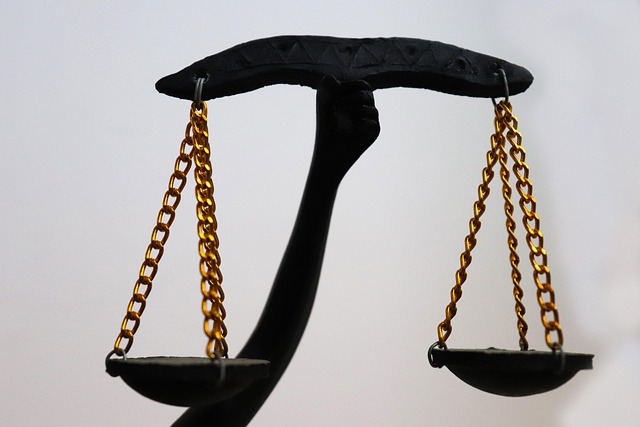Public corruption charges require individuals affected to join class action lawsuits for justice. Understanding eligibility, gathering evidence, consulting attorneys, and participating in court procedures are crucial steps. This collective approach amplifies voices, increases compensation, and ensures accountability against powerful entities.
“Uncover the ins and outs of fighting public corruption with our comprehensive guide. Learn about public corruption charges: what they are, their devastating impact on society, and how individuals can take collective action. Explore the process of joining a class-action lawsuit by understanding eligibility criteria and steps to file a claim. Arm yourself with knowledge on court proceedings and discover successful strategies to ensure justice prevails.”
- Understanding Public Corruption Charges: Definition and Impact
- Eligibility Criteria for Joining a Class Action Lawsuit
- Navigating Legal Procedures: Steps to File a Claim
- Strategies for Success: What to Expect in Court Proceedings
Understanding Public Corruption Charges: Definition and Impact
Public corruption charges refer to illegal acts performed by public officials or those in positions of power for personal gain. This can include bribery, fraud, and abuse of authority, where individuals leverage their positions to manipulate systems for financial or political benefits. The impact of such charges is profound, undermining public trust, distorting markets, and weakening democratic institutions. Transparency and accountability are key to prevention, ensuring that those in power act in the best interests of the public they serve.
For victims of public corruption or those affected by its consequences, joining a class action lawsuit can be a significant step towards justice. These legal actions pool resources and voices, allowing for stronger representations against powerful entities. With an unprecedented track record of success in jury trials, such lawsuits not only provide financial compensation but also serve as a deterrent, holding corrupt officials and corporations accountable for their actions.
Eligibility Criteria for Joining a Class Action Lawsuit
When considering joining a class action lawsuit against public corruption, it’s crucial to understand the eligibility criteria. To be part of such a legal action, individuals must typically meet certain conditions related to their involvement or impact from the alleged corrupt practices. These criteria often include residency within the affected area, direct financial loss due to the corruption, and a shared interest in achieving justice and compensation for the harm caused.
The steps to join a class action lawsuit involve several key stages. First, individuals need to identify and locate an attorney specializing in class-action litigation and public corruption cases. They should then gather relevant documents and evidence proving their eligibility and losses. After that, they must review the proposed settlement or judgment to understand their rights and potential benefits before deciding to opt-in. Achieving extraordinary results in such cases often relies on a well-coordinated effort from both legal representatives and affected parties who are committed to seeing the case through.
Navigating Legal Procedures: Steps to File a Claim
Navigating Legal Procedures involves a series of precise steps to file a claim effectively. The first step is to thoroughly research and understand the nature of the corruption, gathering substantial evidence that supports the allegation. This may include financial records, public documents, or witness statements, all crucial in building a compelling case. Once sufficient evidence is gathered, individuals or groups affected by the corruption can consider joining a class action lawsuit.
Class action lawsuits offer a strategic approach where numerous plaintiffs unite their claims against a common defendant. This collective effort not only amplifies individual voices but also increases the potential for significant monetary settlements or judgments. In recent times, public corruption cases have seen unprecedented track records of success through such lawsuits, ensuring accountability and restitution for harmed parties. To initiate this process, interested parties should consult experienced legal counsel who can guide them through the complexities and help them join a class action with a strong respective business focus on achieving justice.
Strategies for Success: What to Expect in Court Proceedings
When facing public corruption charges, navigating the court system can be daunting. However, understanding the potential strategies for success is crucial to building a robust defense. One of the first steps is to gather comprehensive evidence, which may include financial records, communication logs, and witness statements. This evidence will form the backbone of your case, helping to counter the prosecution’s arguments. Engaging experienced legal counsel with an unprecedented track record in handling such cases is essential; they can guide you through complex procedural rules and help shape your defense strategy.
The court proceedings often involve a series of hearings, motions, and ultimately, jury trials. In a class action lawsuit, these steps become even more critical as the goal is to represent a larger group of individuals harmed by the corrupt practices. Steps to join a class action lawsuit include careful consideration of eligibility criteria, understanding the potential benefits and risks, and actively participating in court-ordered notices and deadlines. A general criminal defense strategy may involve challenging the admissibility of evidence, examining witnesses, and presenting alternative explanations for allegedly suspicious activities. By combining thorough preparation with dynamic legal representation, individuals and groups can navigate these proceedings effectively, seeking justice and accountability.
Public corruption charges can have far-reaching consequences, impacting communities and undermining democratic principles. If you’ve been affected by corrupt practices, joining a class action lawsuit can provide a powerful tool for justice. By understanding the eligibility criteria, navigating legal procedures, and employing effective strategies in court, individuals can collectively stand against corruption and fight for their rights. Following the outlined steps to join a class action lawsuit is a crucial first step towards holding those in power accountable.






